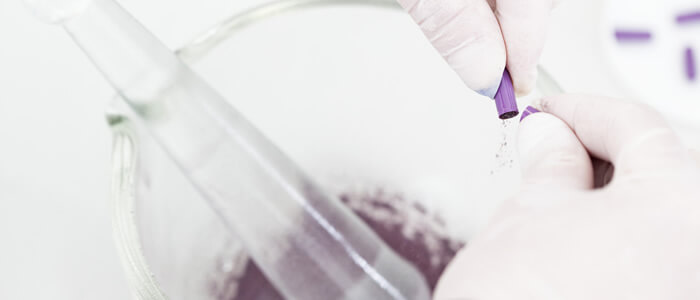By taking over the production plant, intellectual property and equipment of the Serbian company in liquidation BG Pharm, JGL has continued with the cycle of development and business expansion, as well as investment in new production plants, for the first time outside of Croatia. Recognition of the acquisition potential in the neighbouring market where JGL has been conducting business for over 12 years through a subsidiary company, took place simultaneously with the current investment project of constructing Pharma Valley, intended to double the capacities and compete on the global health market.
The company BG Pharm was founded as a private enterprise in 1989 in Belgrade and became recognisable on the domestic and foreign market in the areas of drug distribution and the production of cosmetics, dietary products and medicines. The insolvency procedure was started in 2012. JGL took over the production and storage space of BG Pharma in Sopot near Belgrade, part of the equipment, and approximately twenty registered licences.
The Serbian market of medicinal products was worth EUR 650 million in the last year alone, and its continuous growth is being recorded. Besides Folacin (folic acid), which is the only JGL's medicine on the list of Republic Fund Of Health Insurance (RFZO), the company is present on the Serbian market with brands such as Aqua Maris, Lactogyn, Normia, Vitalia, Dramina and Holyplant, as well as ten registered medicines, and additional five medicines are undergoing the registration process. Inclusion of Latanox eye drops, the first generic version of latanoprost, as well as Larona (lansoprazole) on the list has been awaiting the committee's final approval for a longer period of time. The formation of JGL Srbija d.o.o., which will produce dry oral forms for the time being, besides competition on the positive drug list, signifies the company's further expansion of the Rx and OTC product portfolio.
One of the acquisition benefits is the fact that Serbia has a preferential tariff treatment, i.e. signed free-trade agreements with certain countries where JGL conducts its operations, such as Russia, Kazakhstan, Belarus, Turkey, as well as all CEFTA countries. Serbia also imposes less tax pressure on employers and offers a somewhat less expensive, but highly educated work force in the field of drug development and production. Moreover, seeing as JGL has had a subsidiary company in Serbia for years, the formation of a a separate legal entity merging the two units will open the path to helpful state subsidies for newly created job positions.
We believe that JGL will conduct successful operations and become a relevant business subject with regard to starting production focused in large part on the domestic market, and partly on foreign markets, significant investment in technology, and most importantly, the creation of new jobs.



